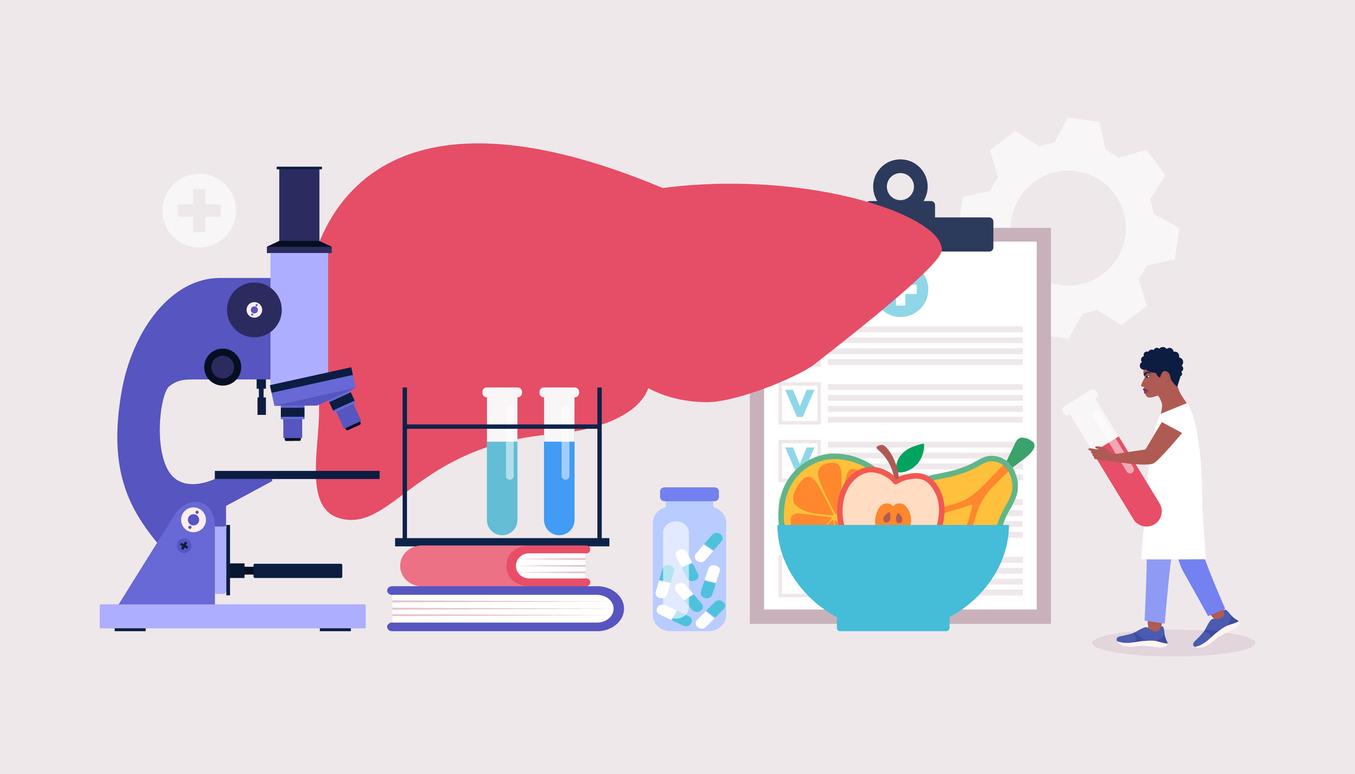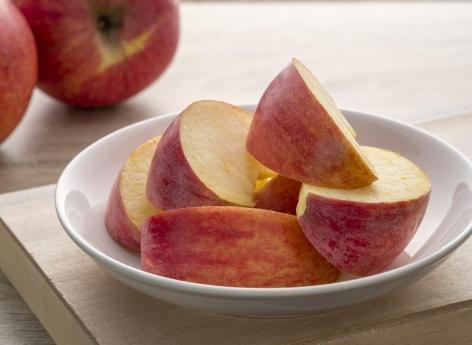Long shunned alongside mixed salad in the canteens of France and Navarre, beets have regained popularity in recent years. It is the delight of chefs, who put it in all sauces both for its color and for its fondant. And it seduces those who have understood that, contrary to popular belief, it is not a sugar reserve.
Favorite of pregnant women
When you want to have a baby or during the first months of pregnancy, beetroot is an interesting vegetable to include in your menus because it is a good source of vitamin B9 (folate). However, we know that one in two women of childbearing age is deficient. As a result, a number of women have an insufficient intake of folic acid, which increases the risk for their child, in the event of pregnancy, to present certain malformations of the nervous system. In particular, an anomaly of closure of the neural tube or AFTN. This very serious anomaly, often fatal in utero or at birth, can also be disabling for the rest of life (spina bifida) when it is not operable. It occurs very early, during the 3rd or 4th week of embryonic life, so often when the woman learns that she is pregnant. This is why it is necessary to act upstream with vitamin B9, in prevention and during pregnancy. In addition, its insoluble fibers restart sluggish intestinal transit, which often happens during pregnancy. The friend of the eyes and the sportsmen Beets help naturally maintain the health of the eyes thanks to some of their antioxidants(lutein and zeaxanthin) that prevent age-related eye diseases: AMD (age-related macular degeneration) and cataract. In addition, especially when consumed in the form of juice, its nitrate intake widens the blood vessels, thus promoting the circulation of oxygen and nutrients to improve sports performance.
One more ally against cancer
Particularly rich in antioxidants (carotenoids, flavonoids…), it is also one of the rare plants to contain betanin (one of the pigments which gives it its color), a very powerful antioxidant which comes into play in the prevention cancers. Recent studies have shown that the consumption of betanin contained in the root reduces the risk of skin cancer, from liver and lung (in animals), and that the carotenoids of its leaves participate in the prevention of breast cancer and lung.
Its health benefits
• Source of vitamin B9: it is a key vegetable to consume before and during pregnancy to prevent the risk of malformation of the nervous system of the unborn child.
• Antioxidant: Its lutein and zeaxanthin (antioxidant) have proven their effect in countering AMD and cataracts.
• Anticancer: it contains a specific antioxidant that prevents the risk of certain cancers.
• Rich in minerals: it is a good source of potassium, manganese, copper, iron, magnesium, calcium.
A few tips for consuming it…
• Raw. You know it cooked, but what if you taste it raw? Grated or cut into very thin slices and seasoned with a vinaigrette, it is extra!
• With the leaves. Did you know that its leaves are prepared like spinach and can be eaten both cooked and raw? These are mines of vitamins (B9, B2, K).
• Cooking. To limit the loss of its good nutrients, always cook your beets with the skin on. Peeling it afterwards will be child’s play!
• In juice. It is delicious in the form of juice: just pass the raw beetroot in a blender with possibly 1 or 2 carrots. An excellent health drink that can also be found in organic stores in the form of fermented beetroot juice.
His CV: 50 Cal/100g (raw) • Protein: 1.7g • Fat: 0.2g • Carbohydrate: 9.1g • Fibre: 2.5g
Read also:
Recipes with beets, root detox
1 beetroot, 8 easy recipes
Antioxidants: the return of beets

















